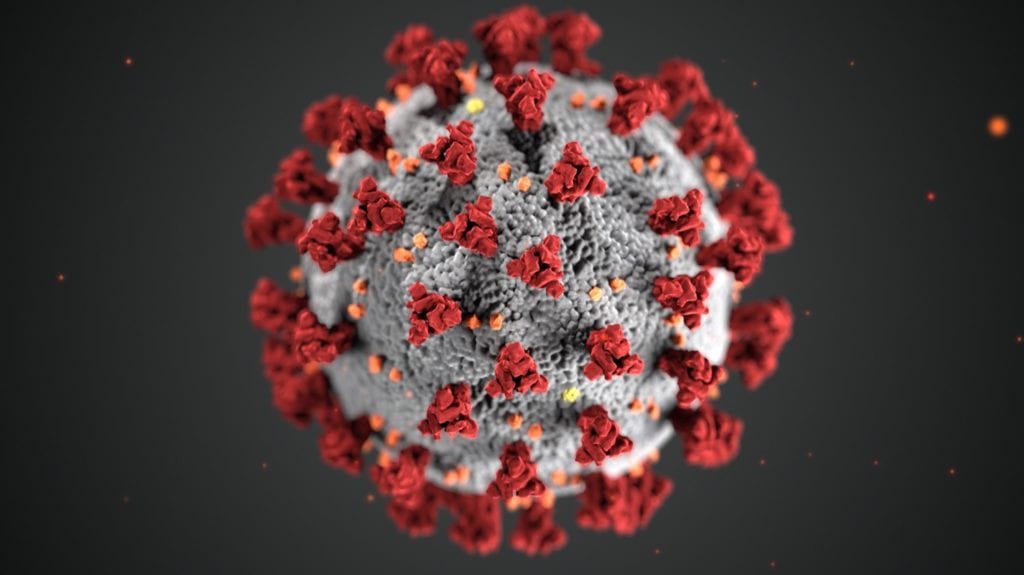The U.K. variant, called B.1.1.7, which is much more contagious, has swept through Britain, causing a national lockdown. Although it is no more deadly than other variants, it is estimated that in a 30-day period, the mutant strain could infect as many as four times the number of people as the current most common strain. The U.K. variant has now spread to 50 countries and 10 U.S. states.
The United States now has three “homegrown” variants, one of which is rapidly spreading in one state. Two new variants were identified by researchers in Ohio on Wednesday, January 13, 2021, and the third by Illinois scientists on Thursday. One of the new, more infectious variants has become the dominant strain in Columbus, Ohio. This unique US variant has three mutations not found in the variants from the U.K., Brazil, and South Africa. It does, however, contain a spike protein mutation that makes it more contagious, though not more deadly. There is no evidence that vaccines will not be effective against these variants.
The South African variant, discovered in December, named 501Y.V2, has now been found in 12 other countries: the UK, Botswana, France, Australia, Germany, Switzerland, Japan, Sweden, South Korea, Finland, Ireland, and the Netherlands. This variant is also no more lethal but is thought to be more transmissible.
Brazil has reported a variant that shares one spring mutation with the South African strain. This newly identified mutation is called E484K and has been dubbed an “escape mutant,” and may decrease the efficiency of the COVID-19 vaccines. E484K is called an “escape mutant” because preliminary studies have shown it might be able to escape some of the antibodies produced by the vaccine.
Penny Moore, Associate Professor at the National Institute for Communicable Diseases in South Africa, said, “We fear this mutation might have an impact, and what we don’t know is the extent of the impact.” Alex Sigal, a virologist at the Africa Health Research Institute simply stated, “I’m worried.” Moore, Sigal, and other researchers around the world continue to conduct tests to ascertain what exactly this mutation will mean for current vaccines.
However, Angela Rasmussen, a virologist affiliated with Georgetown University, said it is “important to note that doesn’t mean vaccines won’t be functionally protective.”
Vaccines utilize multiple immune responses, and while some antibodies may not recognize the variant, others probably will. Furthermore, antibodies are only one portion of the complex cadre of immune cells and molecules that battle invading pathogens.
What truly troubles scientists is the fact that these mutations have evolved in a matter of months. According to Andrew Ward, a structural virologist at Scripps Research in La Jolla, California, “This virus may be taking the first steps down a fairly lengthy road towards vaccine resistance.”
The reason for so many mutations isn’t that SARS-CoV-2 evolves quickly, it is because the virus is spreading rapidly worldwide and each time it goes from host to host, the more chances there are that mutations will occur.
What all this means is that we must expedite vaccinations to hopefully achieve herd immunity before a vaccine-resistant strain emerges, and remain more vigilant than ever in using non-pharmaceutical interventions, such as wearing masks, social distancing, and washing hands.










